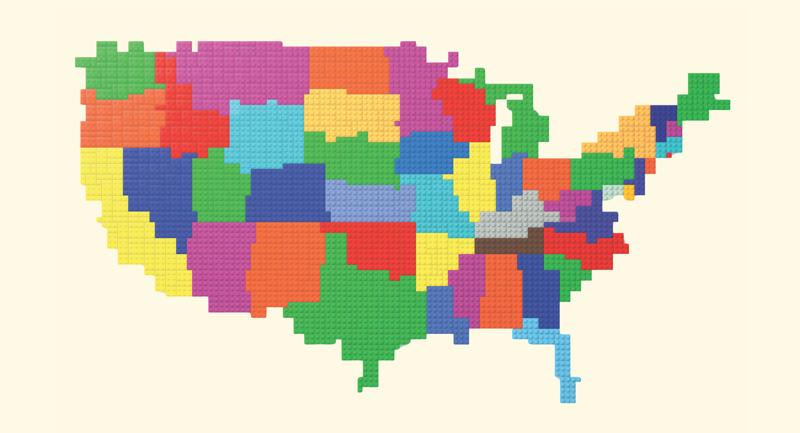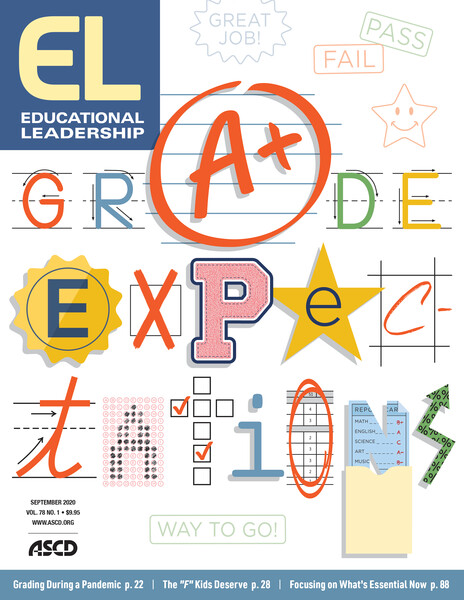During the 1960s, amid civil rights efforts and campus protests, college students began to argue for more expansive educational opportunities that would allow them to explore learning for learning's sake. Among their petitions for change? The Pass/Fail grading option.
In an opinion piece, "Reviving the Original Purpose of Pass/Fail," (https://bit.ly/2WzgBPx) in Inside Higher Ed in March 2020, historian Jonathan Zimmerman examines what the Pass/Fail grading option means—and should mean—in light of its recent resurgence. With the pandemic forcing many schools to teach remotely, the Pass/Fail option became a popular approach again—but for the wrong reasons, Zimmerman argues. In seeing petitions from students arguing for a Pass/Fail option, Zimmerman points out, "their rationale had little to do with the ends of education, focusing instead on the means: specifically, online instruction."
For Zimmerman, the original rationale for Pass/Fail has become muddied in the competitive waters of grades and achievement.
"Let's see if we can rejuvenate the idea of learning as an end in itself rather than as a route to status and success," he writes.
—Tara Laskowski







